|
Over the course of this year, I am going to blog about my National Center for Science Education (NCSE) Science Communication Fellowship and share all the wonderful resources that I come across along the way. I am super excited for this opportunity, all of the skills I am going to gain, and the science communication events I am going to participate in. If it was not for twitter (shout out to @NMLaudicina), I would not have known about this opportunity. So I started to wonder how many people could really benefit and thoroughly enjoy this fellowship, that may have never heard of it. So before all of the awesomeness starts, I wanted to use this first blog post to talk a little about NCSE and what exactly the NCSE Science Communication Fellowship is. NCSE was first established in 1981 to help local communities assure that evolution was accurately being taught in the classroom. They have since taken on climate change as well, as it has been highly disregarded in much of the United States. Their mission states "NCSE promotes and defends accurate and effective science education, because everyone deserves to engage with the evidence." NCSE actively works to promote and support scientifically controversial topics, using a no-conflict approach. For more information on NCSE and the achievements in science that they have helped facilitate, you can click here. NCSE has three primary focuses. The first is "Flare-Ups". These are very specific incidences where a community needs the support of NCSE to prevent the removal of climate change or evolution from a classroom curriculum. These are unplanned events, that often require instant action. If you have a flare-up in your community, you can contact NCSE here. The second focus is "NCSE Teach". This was the focus that I was most familiar with. This branch of NCSE focuses on supplementing teachers with training and activities for evolution and climate change. They have programs that specifically teach teachers how to teach controversial subjects with no-conflict, they have programs that bring scientist and teachers together for "scientist in the classroom" activities, and they have a plethora of activities for evolution and climate change online that can be downloaded for use in the classroom or for STEM outreach. I highly recommend everyone take advantage of all of the resources available on the NCSE website . So what is the science communication fellowship? What does it involve? Well I am so glad that you asked! I am just starting out and of course will update you as I go along, but I do have an overview of what is going to occur throughout the year. So the fellowship runs for 12 months. My fellowship started January 1st, 2019 and will run to December 31, 2019. With that being said, it is not a yearly fellowship that runs at a set time. It is based on available funding. I was told that they believe that they will have the next open call in JULY (I will definitely tweet out as soon as I know for sure). The overall purpose of the fellowship is to start a booster club in your area. The booster club allows hands-on learning in the community, with the purpose of increasing science literacy. NCSE had booster clubs nationwide! Throughout the year, the fellowship asks that you meet biweekly through a video conference with the other fellows and the Director of Community Science Education, Dr. Kate Carter. We discuss a series of topics (see above and below), all to prepare us for the launch of our booster club. We also have to participate in at least 5 community outreach events a semester (spring, summer, and fall)... practice, practice, practice! Lastly, we have to do a video diary series (a vlog)! Anyone that knows me, knows that I am geeking out over the vlog! I am so excited. What is even more exciting is that they sent us a tripod and light, so that it is quality recording. The moment I heard this, the ideas started to flow. I cannot wait to get started on this! Throughout the year we will also survey our community and identify the scientific needs of the community and write an outreach grant. Additionally, it comes with a $9000 stipend with the commitment of 50 hours a month (your PI has to sign off on it too). This opportunity is going to be able to provide me an idea of what doing #scicomm full time would be like. That is a huge advantage verses taking a job and finding out later that it is not right for me. The flu vaccine kit that was sent for the first semester of outreach. They also send you quarterly kits, made up of 2 community activities. These are really neat! This first set had a kit on flu vaccines (check out those little pigs!) and another on climate change, specifically on rising tides. I will write more on these kits and share material once I work through them! Whats even cooler, is that the fellowship helps you design your own activity. Your activity will then be sent out to booster clubs across the country! A kit is estimated to reach ~10,000 people... just amazing! If this all sounds as exciting as I think it does, I highly recommend you apply. They take applications from graduate students (masters and Ph.D.), Post-Docs, and adjunct faculty. I would be happy to share my successful application if you want to email me!
0 Comments
Leave a Reply. |
Michelle ValkanasI will blog here about research excursions, community outreach, and other exciting science events Archives
March 2019
Categories |
Copyright © 2024 by Michelle M. Valkanas. All rights reserved.
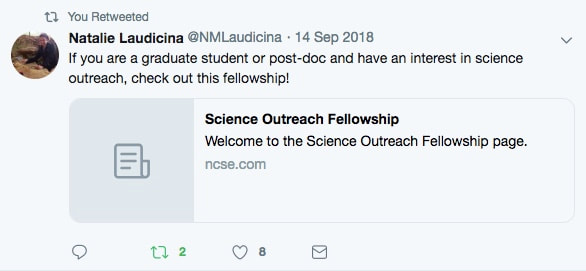
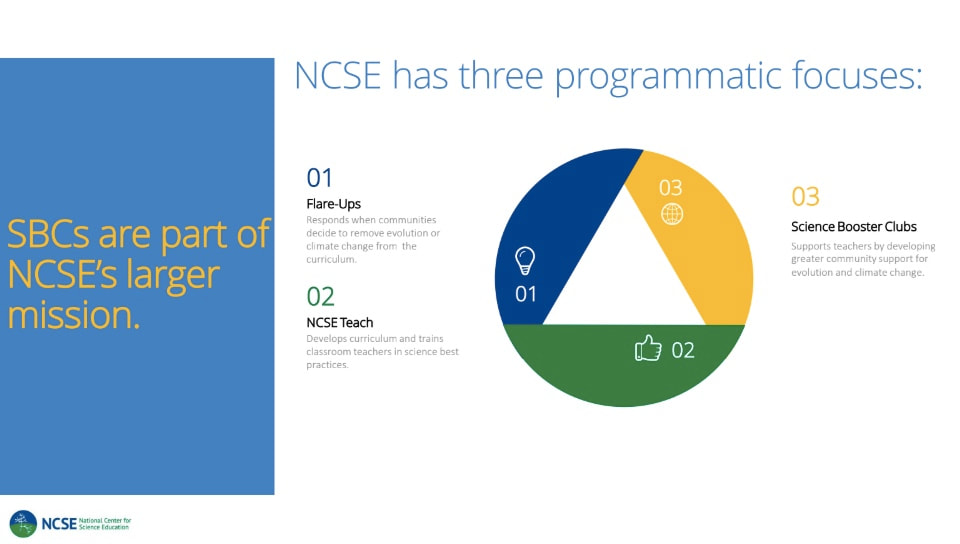
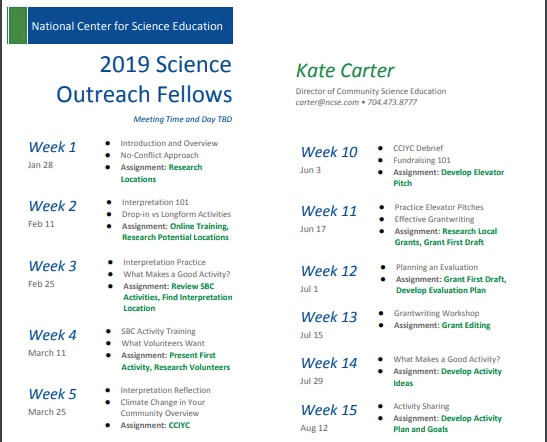
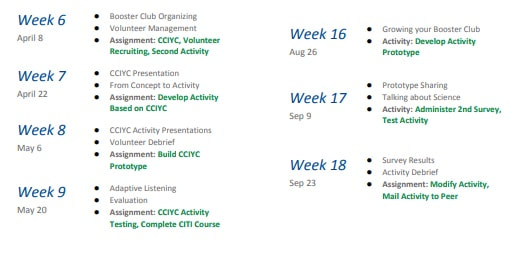
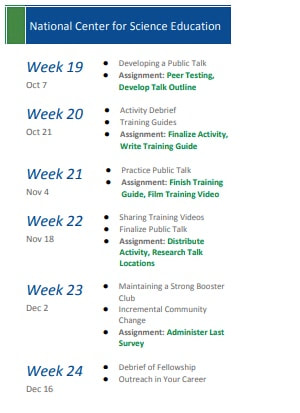
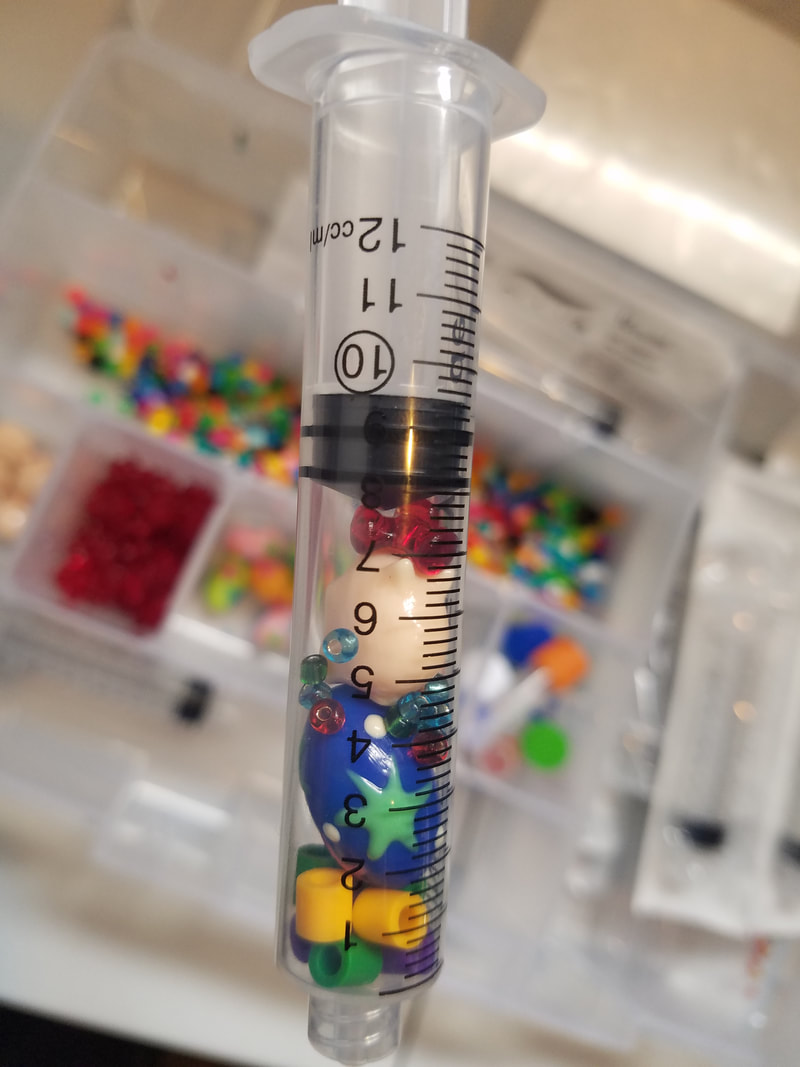
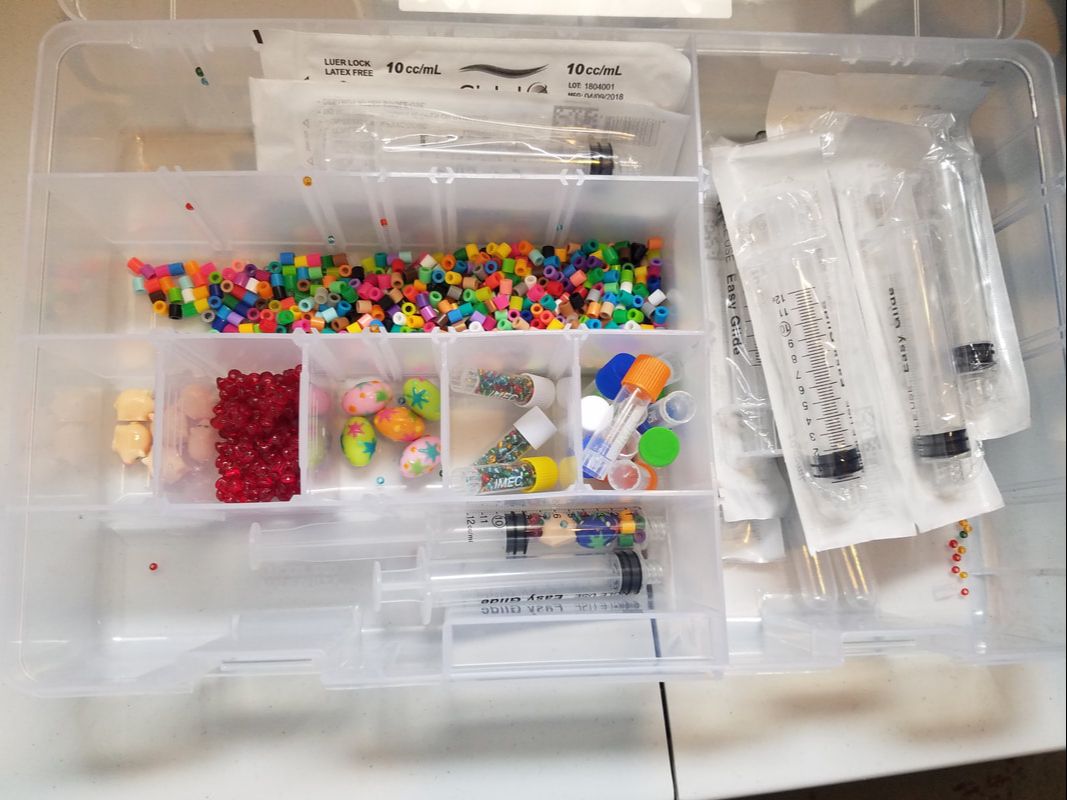
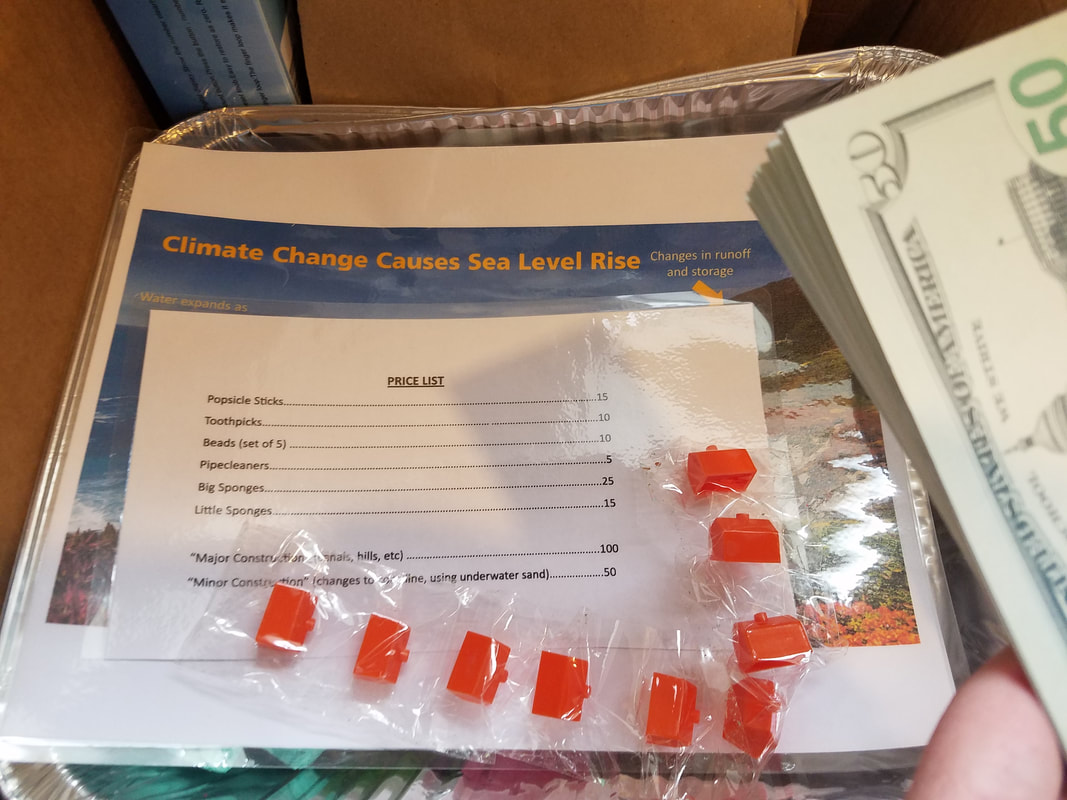
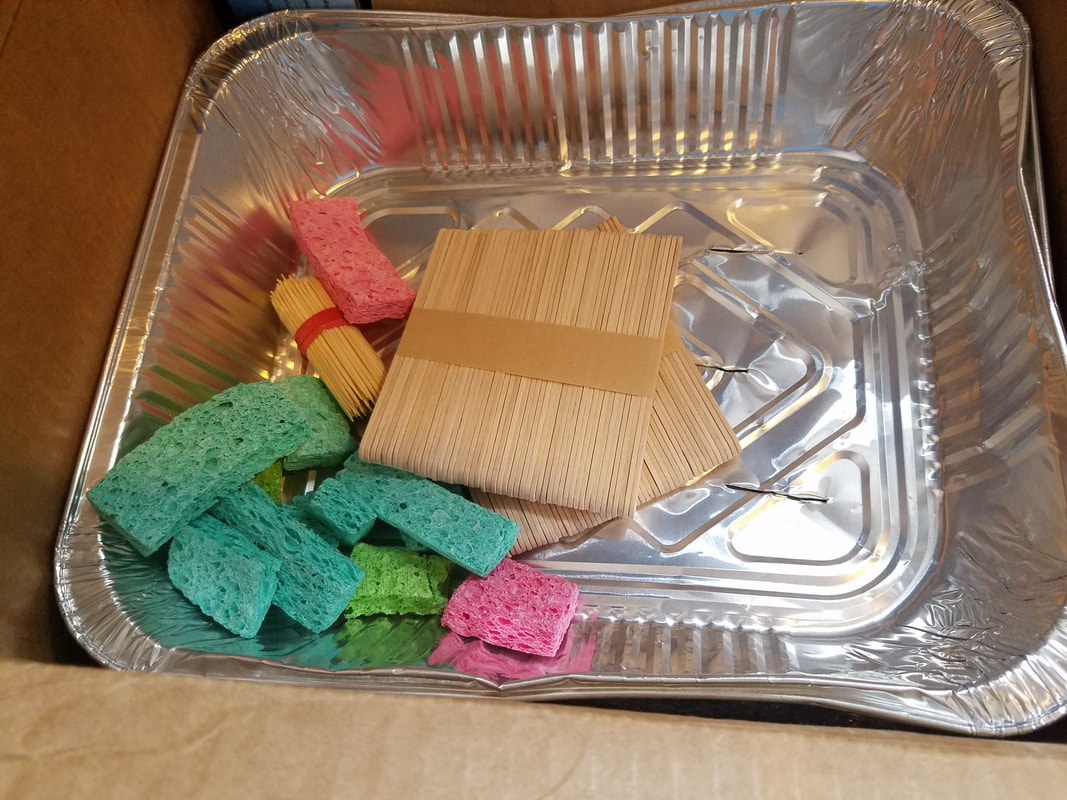
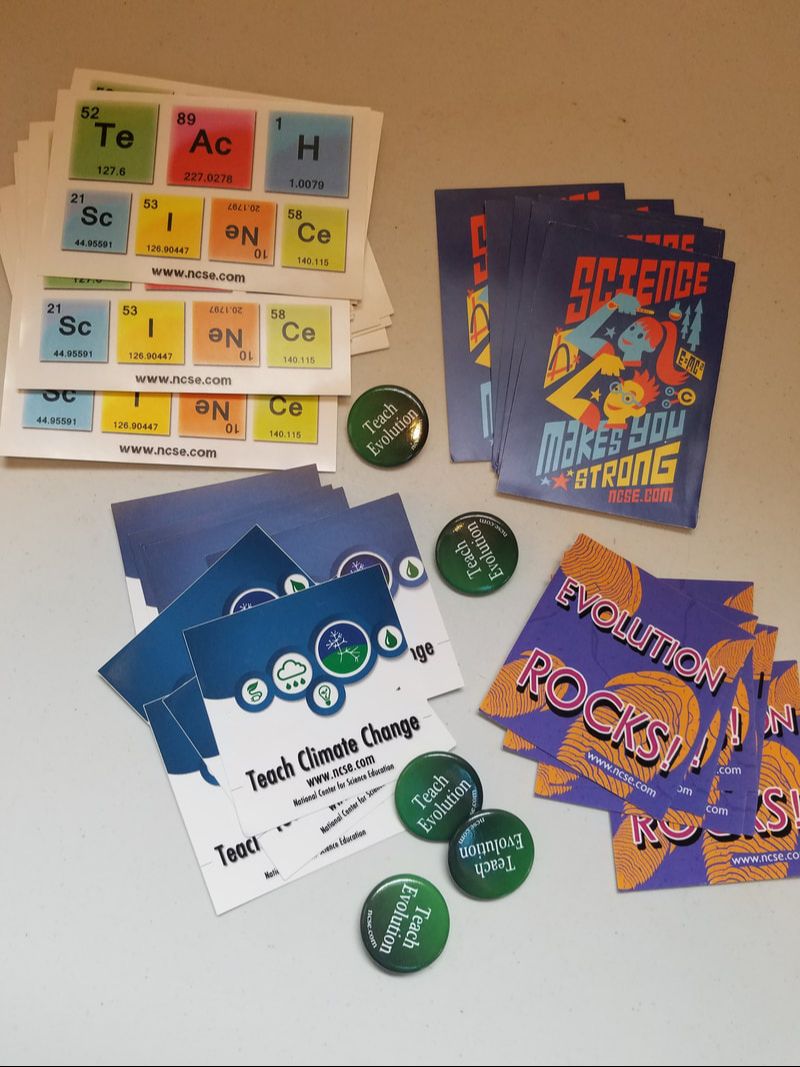
 RSS Feed
RSS Feed